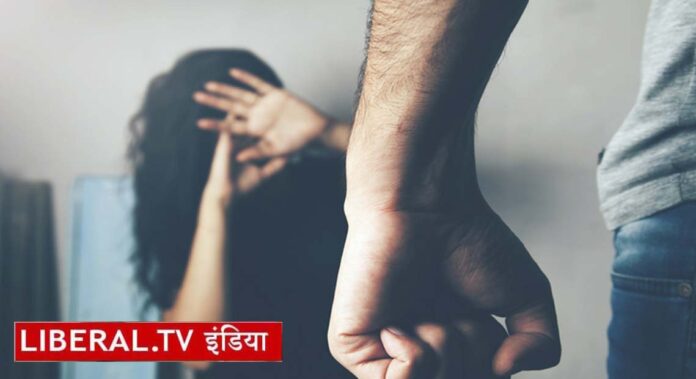The Supreme Court’s ruling addresses the serious nature of child exploitation and aims to ensure that all actions related to child pornography, including downloading and viewing, are treated as offenses. By overturning the Madras High Court’s decision, the Supreme Court emphasizes that even private viewing can contribute to a culture of exploitation and harm.
The court’s directive to change the terminology to “child sexually abusive and exploitative material” reflects a desire to use language that more accurately captures the gravity of the offenses involved. This shift aims to reinforce the legal framework around protecting children and holds individuals accountable for all forms of engagement with such material. Ultimately, the ruling serves to strengthen legal protections for vulnerable children and promote a clearer understanding of the issues surrounding child exploitation.



